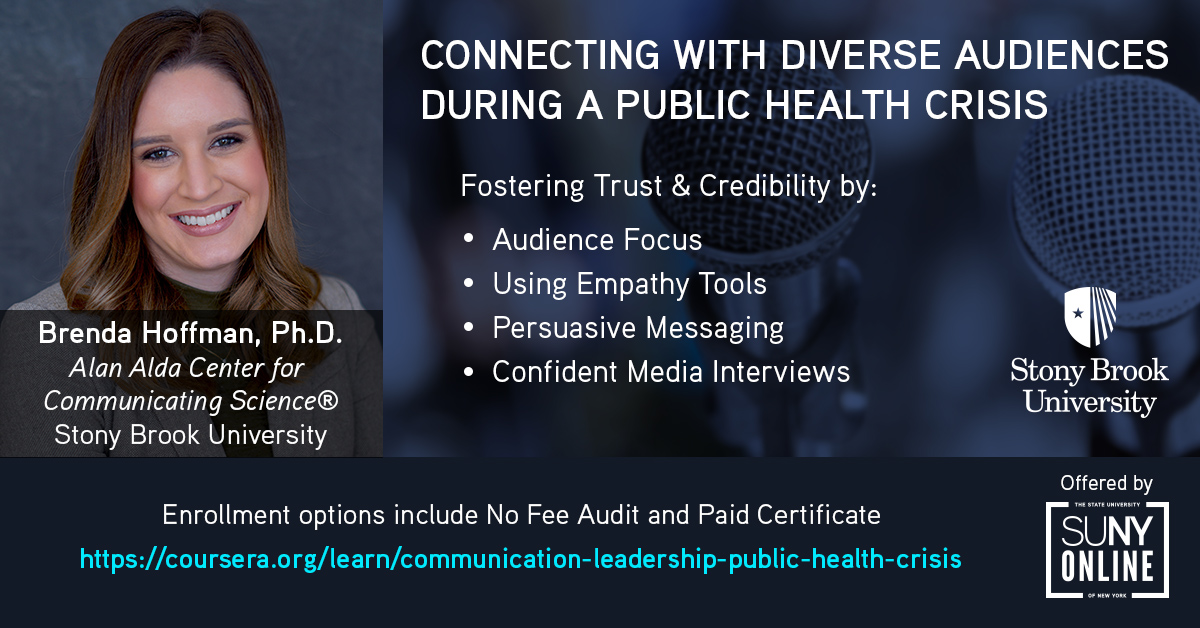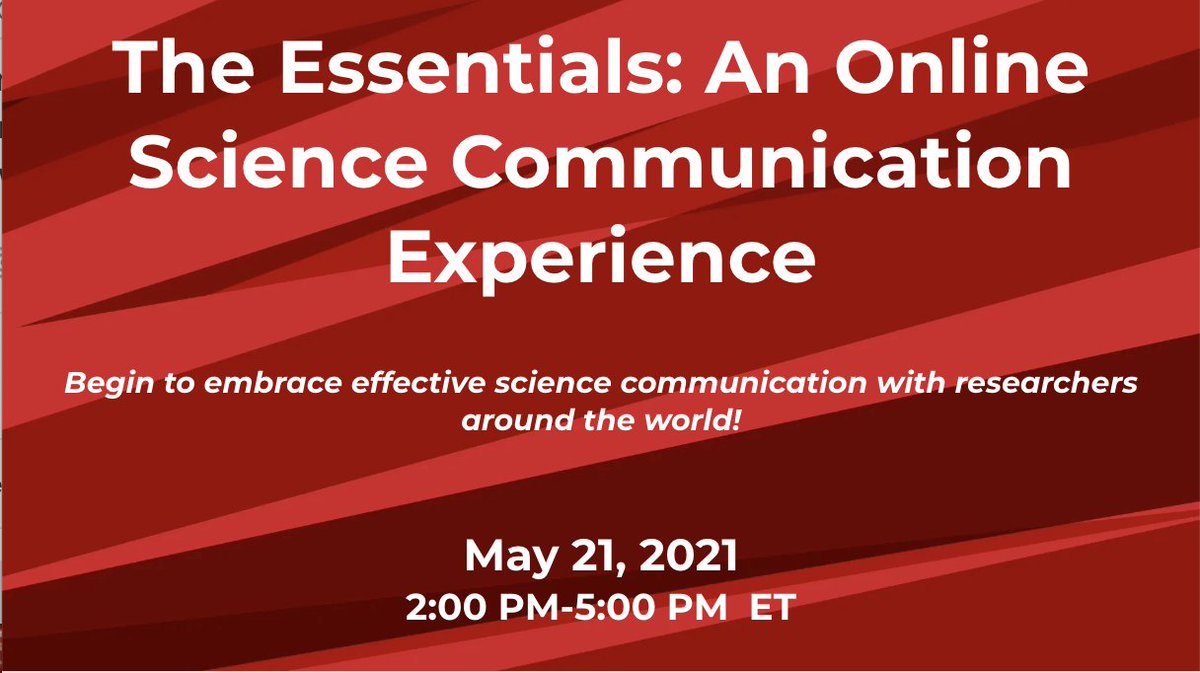Being autistic is an open secret.
Have you ever heard any of these?
“That’s just how they are.”
“Don’t get caught talking to them or you’ll get stuck talking about 19th century history..”
“She’s just shy..”
“He’s an introvert, don’t worry about it, he’ll talk a lot once you get to know him and if you talk about his interests.”
“They’re so quirky!”
Being autistic is an open secret because once you actually know autistic people and know them really well, you start to see autistic people everywhere. The person who glances away when trying to listen and talk to someone. The person who just had to get out of the room for a second to cool down. The person who clasps their hands a lot and is seen as “cute” for it. The person who gets quieter with more people in the room. The person who asks why the lights are flickering but you can’t see it. The person who is a little too intense at work. The person who unknowingly creates tension in a room because their neutral comment sounds like criticism to everyone else. The way someone shrinks themselves down and “has no personality” because they don’t want to rock the boat.
Autistic people are everywhere, but the general public has no idea who autistic people really are. They don’t see us the way we see ourselves. We see how autistic people make compromises, shrink themselves, or boldly are themselves in spite of judgments.
When you find out you’re autistic, you now finally have language to replace “quirky, shy, bold, difficult, too much, intense, thorough, detailed, stubborn, brutally honest.” All of that can be wrapped up in how the world sees you, has treated you in the past, has judged you, and how it still does.
Everytime an autistic person gets told when disclosing that they are “high-functioning” or that they “don’t look autistic,” this is what I think about. Because we’re truly everywhere if you realize that autistic people are a diverse population of people just like any other marginalized group, but we’ve never had language to describe any of this. So other people say “you’re not autistic” because you can speak (when not in a shutdown), because you’re not rocking in a corner with your hands over your ears (in public) or chewing on something (in public) or flapping your hands (in public), because, because, because…
Whenever a dominant group in society has defined what a marginalized group is and looks like, it has never gone particularly well. That’s what the past century of mainly white cis-het researchers and psychiatrists and doctors have done for autistic people. They have defined us very, very poorly. And unfortunately, we really haven’t been able to shake this foundation, not substantially.
Researchers and doctors and psychiatrists often talk about autistic people as some sort of unknown abstract entity. We are no longer part of the world that they live in – we are instead separated from society without any other intersectional identities. We can’t be autistic and..
Autistic and a researcher
Autistic and BIPOC
Autistic and trans
Autistic and a parent
Autistic and a spouse
Autistic and a pet owner
Autistic and a musician
We can be none of those things listed, yet there are some autistic people who are genuinely all of those things.
Why are autistic people siloed to solely be research participants or people in focus groups? Why can we not be the researchers, marketing team members, game designers of the world?
“[I began] questioning the respect and sincerity of the nonautistic research community toward autistic research participants. Were we there because they valued our input, or were we tokens, useful for “authenticity” and snippety quotes, to validate the researcher's inclusive credentials?” - Cos Michael, Is Being Othered a Co-Occurring Condition of Autism?
If you are a researcher and the only role you think autistic people can play in your research is as a subject (and often unpaid), then you’re probably performing biased research. The irony of all of this is that autistic researchers who do autism research are tasked with answering the question “Isn’t your research biased because you’re autistic?”
I would argue that most “foundational” autism research has been absurdly biased and in some cases discriminatory. For example, the autism diagnostic criteria that is still used today was originally created by non-autistic researchers from a population of autistic cis-het white boys. That’s right, they weren’t even autistic adults. Even now, the assessment tools used for research, such as the Autism Quotient, are from a non-autistic perspective and based on autistic people’s external behavior rather than internal experiences. This means that many marginalized people, such as BIPOC, trans people, and women often go undiagnosed, or worse, misdiagnosed because their experiences do not look the same as the autistic unmasked cis-het white boys that became the central population for research and psychology, and still is to this day.
About 5 years ago I went to a Society for Neuroscience conference and perused the autism research poster section. The poster presentations on animal research (another essay to write..) almost always excluded female mice. I would ask the researchers if they were planning to study female mice. “That will be the second project,” I was told. Others simply said it wasn’t within the scope of the project. There were a few human studies (mostly white cis men), and each time I asked about whether they would include autistic women as well. I was told that “there aren’t that many women diagnosed with autism” and “they are hard to find.” I doubt these students realized that in general, marginalized autistic people (especially BIPOC and trans people) were only “hard to find” because diagnostic criteria wasn’t built for them and because researchers weren’t looking for them or even thought they existed in the first place. And while researchers are finally starting to include autistic white cis women in autism research, trans people and BIPOC are being completely left behind - as a nonbinary person myself, I rarely find any research that includes autistic nonbinary or trans people in any capacity.
There was one poster about how autistic children may not be able to express when they’re in pain. I was wearing headphones and told a story about my experiences with pain and accessing healthcare. I didn’t tell them I was autistic, and they replied, “Well that’s different though because you’re not like those kids.” This person couldn’t fathom that I, a graduate student researcher at a conference, could possibly be autistic. It made me feel defeated. There was no way for autistic adults to be truly visible. I’m not even sure that researcher would have believed me if I told them I was autistic.
Now again, consider why “Isn’t your research biased because you’re autistic?” may not sit so well with autistic researchers.
On a larger scale,there are million-dollar grants spearheaded by non-autistic researchers with no openly autistic researchers in sight. There are multi-million-dollar grants awarded for the purpose of coercing autistic people to mask and suppress their distress. Not including autistic people in the design or interpretation of results and not including a pro-neurodiversity perspective is biased. Calling any differences found between autistic and neurotypical people “deficits” is bias. And certainly assuming that we cannot be your peers or co-workers, that we must not be in the room when you present these findings, that we can only be the subject of the research and not the driver, that is bias.
Because guess what? There are autistic people everywhere. It’s an open secret. Involve us as colleagues, peers, and co-designers in your research. Follow our lead on the use of language (many of us prefer identity-first language – “autistic person”). Use critical thinking when you read a conclusion to a paper that pathologizes autistic traits when neurotypicals showing the same trait are seen as good. Challenge old research that has now been thoroughly debunked (“lack of Theory of Mind,” “Extreme Male Brain Theory”), fight to use better sources and use autistic co-production in your manuscripts.
If your job was created or continues because autistic people exist in the world, here are some things I would like you to do: Spend 30 minutes a week learning from autistic people in the world as people, rather than as test subjects.
- Look up autistic researchers and their research (yes, they’re out there!). Look at how they write their articles, what sources they’re using, and what language they use. How is it different from what you’ve been taught? Are there things you can change to make your writing less pathologizing and deficit-oriented when it comes to autistic people?
- Interact with autistic adults in our society and autistic self-advocates and learn from them. Follow the #ActuallyAutistic hashtag on social media (please do not use the hashtag yourself, if you have a question you can use the #AskingAutistics hashtag).
- You might learn that autistic people have spent over one year trying to #StopTheShock – People at the Judge Rotenberg Center in Massachusetts are legally electrically shocking disabled people (mostly people of color) as a form of punishment (to be clear, this is not electro-shock therapy, this burning people’s skin because they scraped cream cheese off of a piano).
- You might also learn that for the past year, autistic people have banded together to try to #BoycottSpectrum10k – another multi-million-dollar grant with some of the leading non-autistic researchers in the world, who did not once originally consult autistic people on whether 1) Autistic people wanted this genetic research done 2) Whether this research really is ethical when potential genetic markers could be used in the future to harm us. They claimed they were trying to find biomarkers (autism genes) to help the “well-being” of autistic people but their grant application (previously redacted from the public) states that they are looking to change the gene expression of (i.e. cure) autistic people. If you don’t know why that is considered eugenics, I recommend following that hashtag and listening to this Radiolab podcast to find out more.
- Share your research summaries with the autistic community through social media or other means so they can see what you’re working on and can provide suggestions (and yes, sometimes critiques). Even further, budget into your grant for autistic co-production and/or an autistic consultant from the start so autistic people can get paid for their expertise. Actively choose to include autistic perspectives in your research.
If you are anyone who interacts with autistic people or autism research, put this in the front of your mind when you interact with colleagues, see someone’s presentation, mentor a student, or teach a class – An autistic person can be in that room. What are you doing to make their presence in that room less Othering? Can you make sensory needs commonplace for everyone so that disclosing isn’t necessary for accommodations? Can you think twice before you assume someone’s intentions based on their tone of voice or facial expression? Can you consider that maybe that person’s brain and senses work differently – maybe they were paying attention but they need to look away from you to concentrate. All of these little things add up to real, concrete change for future autistic researchers, doctors, professors, and other professionals. If more autistic people are able to grow into those positions, people who understand that we are different rather than deficient, there will be more humanization of autistic people. I hope that is one of your goals.
Please do not read this article as a checklist for what to do to be an ally to autistic people. It’s not a checklist – it’s a challenge. A challenge to actively go against a century of misinformation and dehumanization of autistic people. I hope that you will accept that challenge and understand that authentic autistic voices have been missing in these conversations for far too long. You can change that. Let’s not make autistic people feel like an open secret anymore.
Regardless of what profession you are in, whether you research extracellular matrices, neurons, nuclei, systems, or whole human beings, an authentic foundation of knowledge about autistic people is necessary for you to do the best research you can. If you want a place to start that journey, it’s here:
Is Being Othered a Co-Occurring Condition of Autism?
The Scholarly Neglect of Black Autistic Adults in Autism Research
Whose Expertise Is It? Evidence for Autistic Adults as Critical Autism Experts
"Autism is me": an investigation of how autistic individuals make sense of autism and stigma
Avoiding Ableist Language: Suggestions for Autism Researchers
Autistic Perspectives on the Future of Clinical Autism Research
Do First Impressions of Autistic Adults Differ Between Autistic and Nonautistic Observers?
Neurotypical Peers are Less Willing to Interact with Those with Autism based on Thin Slice Judgments









